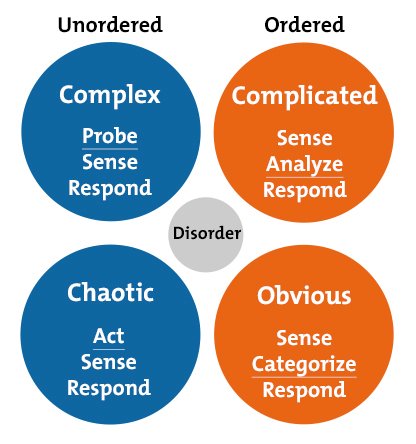In recent years, churches have been rocked by high-profile accusations of sexual misconduct among clergy. Most recently, Ontario school boards have been involved in lawsuits arising from sexual abuse incidents which occurred “in a distant past.” Unfortunately, sexual and physical abuse are rarely reported at the time of the abuse, and it takes victims decades to come forward and report the abuse. Limitation periods (timelines for suing) if missed, provide a complete defence to a civil lawsuit and put an end to the case. The fundamental principle of a statute of limitations is to protect the defendant.
There are two main reasons behind it. One is that there should be some finality so that a person can move on with his or her life without the constant threat of legal action hanging over their heads. The second is about ensuring a fair trial for the defendant.













